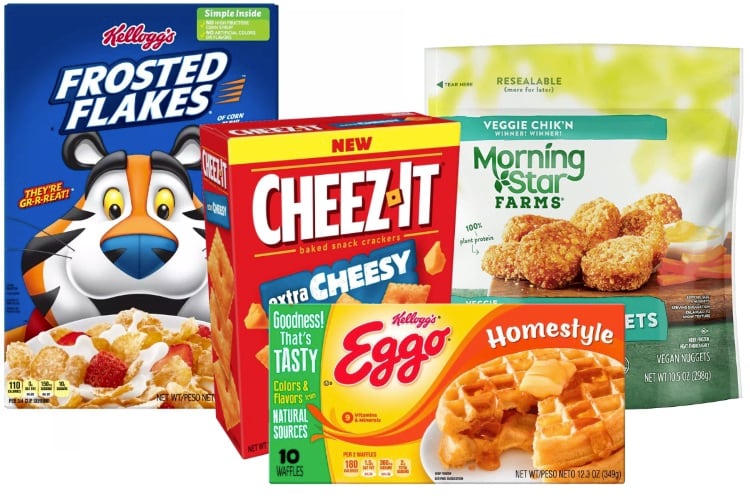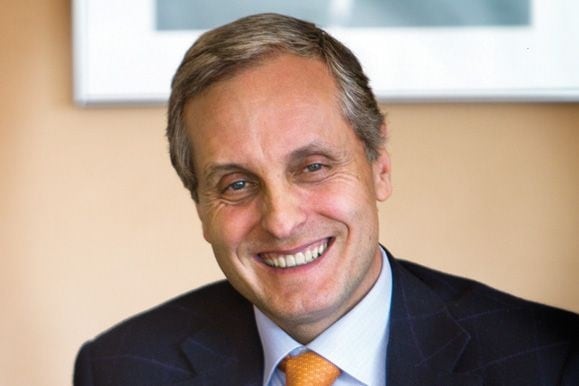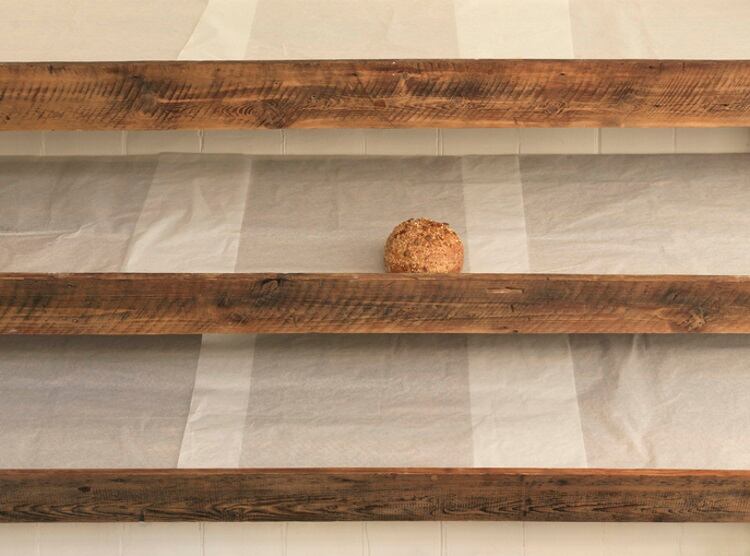The CEO of the cereal giant said the impact on the global supply chain remains severe and ongoing, with everything from shipping pallets to truck drivers in short supply placing pressure on the amount of goods companies can produce.
“We continue to supply the world with food, though, this remains challenging as the pandemic persists. A reacceleration of COVID cases has brought on new restrictions, causing temporary shutdowns of production in some countries. Meantime, we and the vendors that supply us are having to manage through bottlenecks and shortages of materials, labour and freight, all created by demand-supply imbalances that are also pushing up costs,” said Cahillane.
“If you’re planning on running Product A and all of a sudden you have a shortage of one ingredient out of 50 ingredients, well you can’t run it anymore, so you have to make a changeover and switch to something else,” he said, adding that such changeovers in production – once rare – have become more frequent.
“There’s not one of [Kellogg’s more than 50 global plants] that has not been affected in some shape or form,” Cahillane added.
Stock up on Frosted Flakes
This has placed pressure on several lines, ranging from Frosted Flakes cereal to Eggo waffles to the company’s alternative-meat brand Morningstar Farms.
The company is still filling orders, said Cahillane, but it is also adding more production capacity.
“We’ve successfully added capacity throughout the world. We had what we call a vertical start-up of our Pringles line in Poland, which was done very successfully.”
In the main, he fingered China as the base of the troubles.
“You can point to when China went into lockdown, obviously, very early in the pandemic and was the first out, recovered quite quickly and sucked up a lot of resource, and it’s really created supply imbalances throughout the world that everybody has had to deal with, and we've had to deal with inside North America,” said Cahillane.
Kellogg sales rise, beat expectations
Cahillane was speaking to analysts on 5 August to report Kellogg’s Q2 2021 earnings, which outpaced investor expectations.
The company posted a 0.79% increase ($1.11m) of second-quarter net income to $380m, up from $351m, or $1.02 per share. Adjusted EPS of $1.14 beat the consensus of $1.03.
Revenue of $3.555bn was up from $3.465bn in the same period the year prior; also ahead of the $3.431bn consensus.
According to Cahillane, while demand and eating occasions at home remained elevated in the second quarter, they are gradually shifting as consumer mobility returns. The company also saw signs of gradual recovery in away-from-home channels in an on-the-go snacks and pack formats.
“These channels grew year-on-year and better than forecast, even if they remain below 2019 levels.
“Our Deploy for Growth boosters are working effectively from focusing on ever-evolving occasions, to leveraging our reshaped portfolio, to driving momentum in our world-class brands and to investing in our supply chain to better serve our customers.
“Our Better Days boosters, which further our ESG [Environmental, social and corporate governance] efforts continue to work effectively as well.”
Challenges to persist into 2022
Cahillane sees the supply chain challenges lasting well into next year, but ultimately, to be temporary. That’s because there hasn’t been a fundamental change in global demand, only bottlenecks on supply, he said.
“That will get sorted. It just takes a while to move,” adding that Kellogg’s is doing its “best to forecast these types of disruptions and this type of slowed activity relative to a non-pandemic world.”
For the full year, the company expects sales to be flat-to-1%; a slight improvement from the company’s previous outlook.





